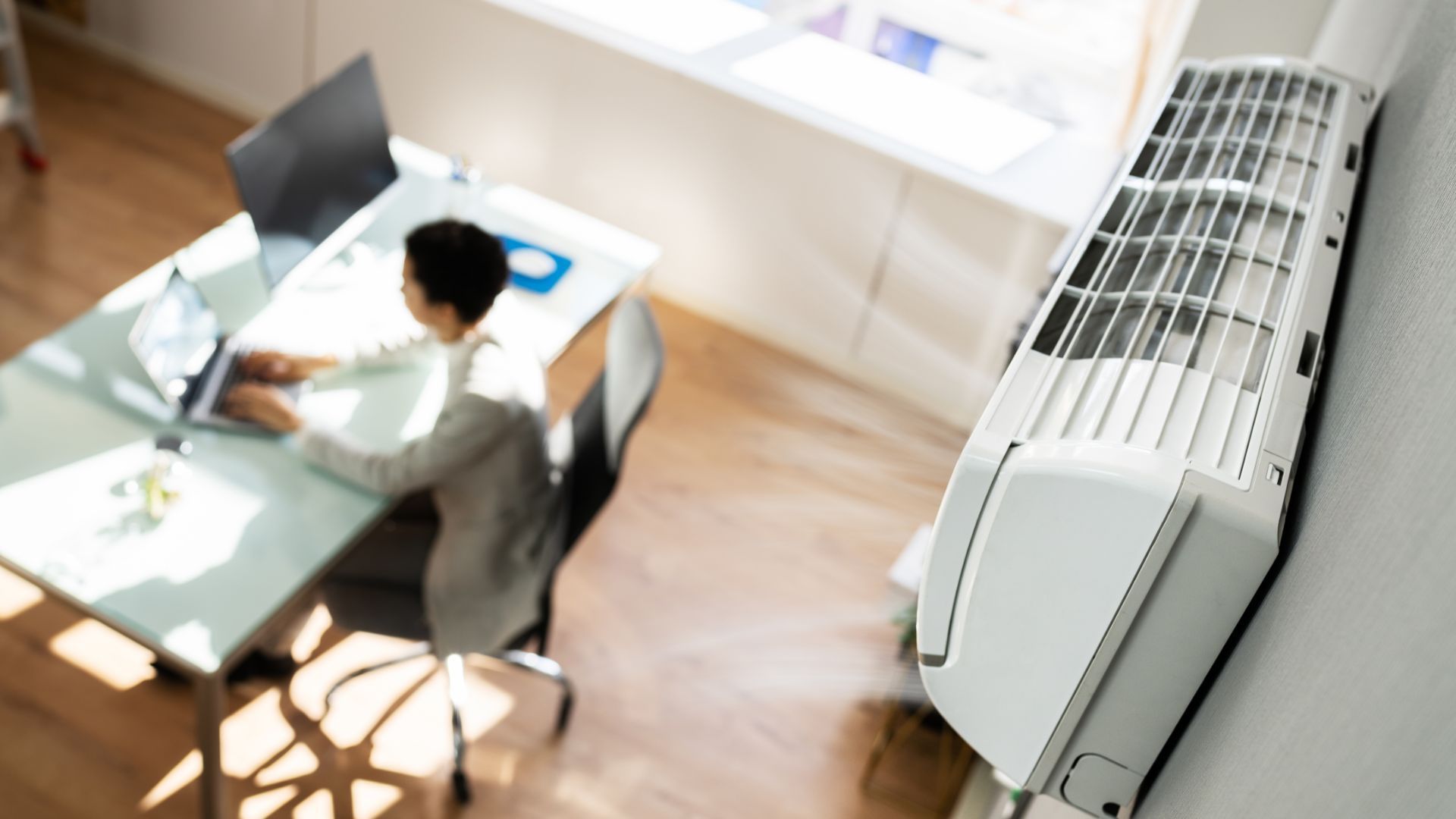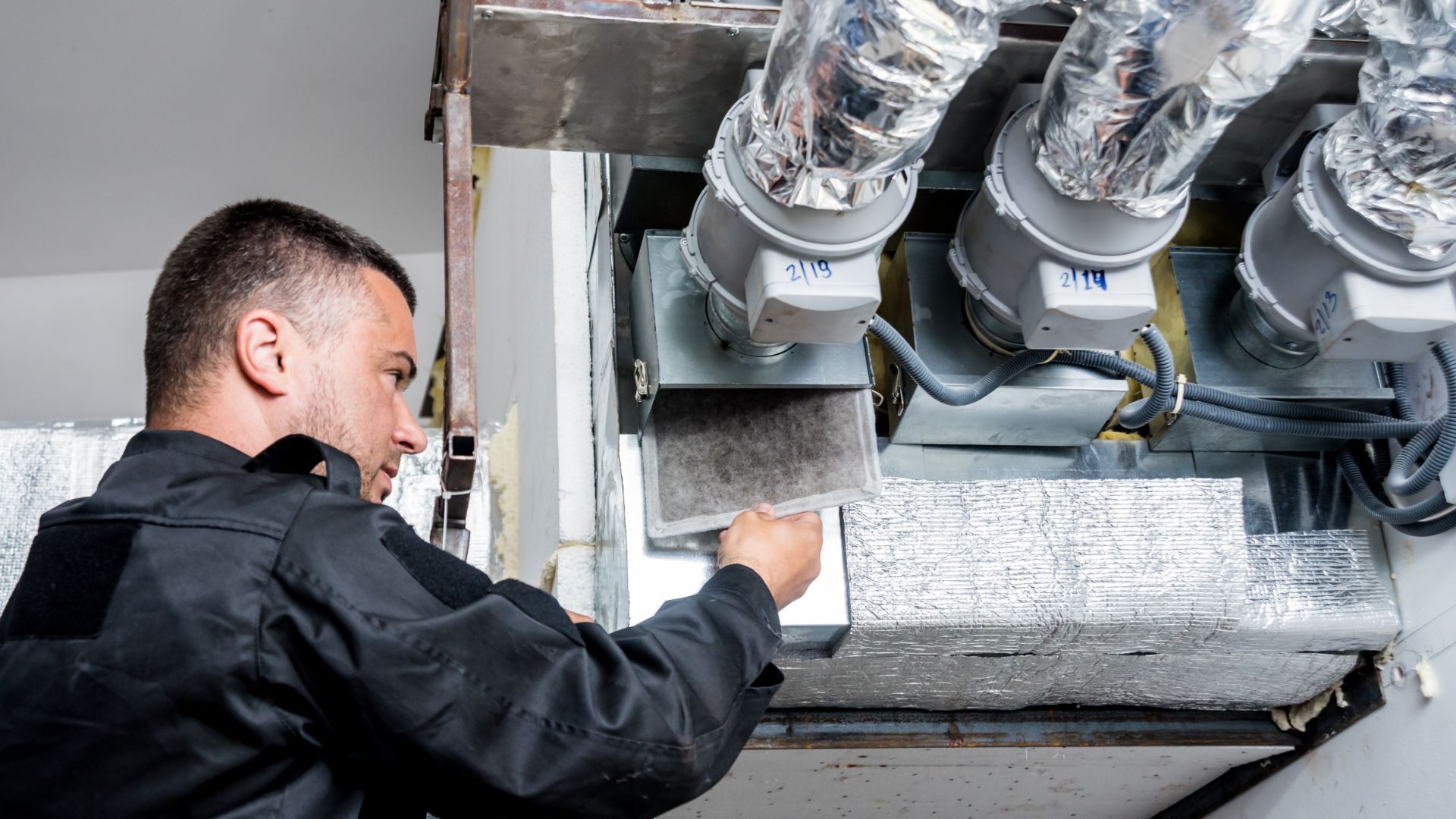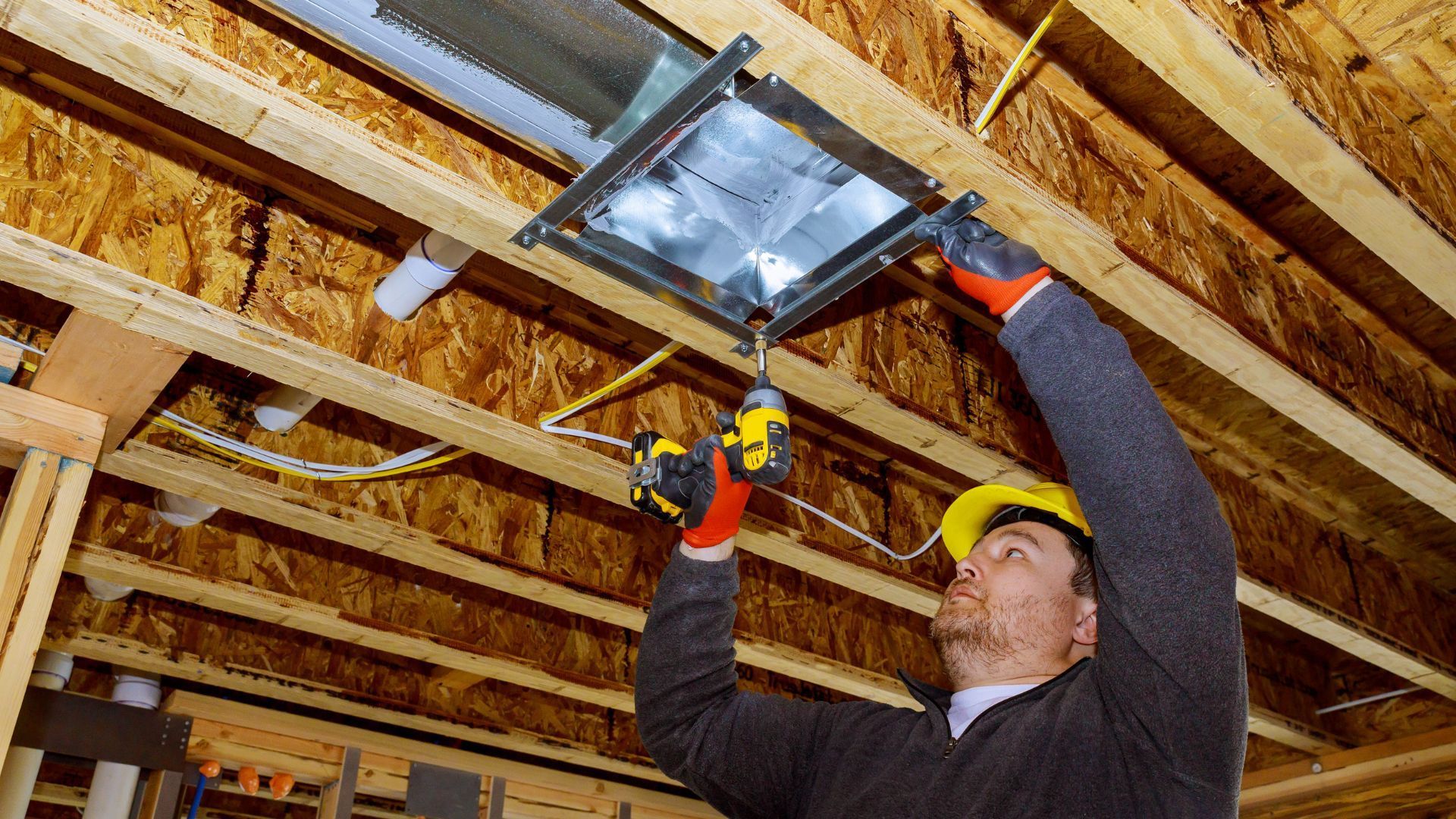Exploring the Different Types of Air Conditioning Units

Air conditioning units are essential appliances for keeping your home or office cool and comfortable during the hot summer months. With various types of air conditioning units available in the market, choosing the right one can be a daunting task. In this article, we will explore the different types of air conditioning units to help you make an informed decision.
Window Units
Window units are popular air conditioning units that are designed to fit in a window frame. They are relatively affordable and easy to install. Window units work by taking in warm air from the room and expelling it outside, leaving cool air inside. Here are some pros and cons of window units:
Pros:
- Affordable: Window units are one of the most affordable types of air conditioning units available in the market.
- Easy to install: You don't need to hire a professional to install a window unit, as you can do it yourself by following the instructions provided in the manual.
- Ideal for small spaces: Window units are ideal for small rooms or apartments.
Cons:
- Limited cooling capacity: Window units are designed to cool one room at a time and may not be suitable for large spaces.
- Noisier than other types: Window units tend to be noisier than other types of air conditioning units.
- Less energy efficient: Window units are less energy-efficient than other types of air conditioning units, which means they can increase your energy bills.
Split-System Air Conditioners
Split-system air conditioners are made up of two parts - an indoor unit and an outdoor unit. The indoor unit is mounted on the wall inside the room, while the outdoor unit is installed outside the building. Split-system air conditioners work by circulating cool air through the indoor unit, while the outdoor unit expels warm air outside. Here are some pros and cons of split-system air conditioners:
Pros:
- Energy-efficient: Split-system air conditioners are more energy-efficient than window units, which can save you money on your energy bills.
- Quieter than window units: The indoor unit of a split-system air conditioner is quieter than a window unit.
- Suitable for larger spaces: Split-system air conditioners can cool larger spaces, making them ideal for homes or offices.
Cons:
- More expensive than window units: Split-system air conditioners are more expensive than window units, and installation may require a professional, which adds to the cost.
- Requires more maintenance: Split-system air conditioners require regular maintenance, including cleaning the filters and checking the refrigerant levels.
- Installation can be challenging: Installation of a split-system air conditioner can be more challenging than a window unit.
Portable Air Conditioners
Portable air conditioners are standalone units that can be moved from one room to another. They work by taking in warm air from the room, cooling it, and then expelling the cool air back into the room. Here are some pros and cons of portable air conditioners:
Pros:
- Portable: Portable air conditioners are easy to move from one room to another, making them ideal for renters or people who move frequently.
- Affordable: Portable air conditioners are less expensive than split-system air conditioners and central air conditioning systems.
- Easy to install: Portable air conditioners are easy to install and do not require any special tools.
Cons:
- Noisier than other types: Portable air conditioners tend to be noisier than other types of air conditioning units, which can be a nuisance.
- Less efficient than other types: Portable air conditioners are less efficient than split-system air conditioners and central air conditioning systems, which means they may not be suitable for large spaces.
- Can take up space: Portable air conditioners require floor space, which may be an issue in small rooms.
Ductless Mini-Split Air Conditioners
Ductless mini-split air conditioners are similar to split-system air conditioners, except they do not require ducts. Instead, they use pipes to connect the indoor and outdoor units. Ductless mini-split air conditioners work by circulating cool air through the indoor unit and expelling warm air outside through the outdoor unit. Here are some pros and cons of ductless mini-split air conditioners:
Pros:
- Energy-efficient: Ductless mini-split air conditioners are more energy-efficient than window units and portable air conditioners, which can save you money on your energy bills.
- Quieter than window units: The indoor unit of a ductless mini-split air conditioner is quieter than a window unit.
- Suitable for larger spaces: Ductless mini-split air conditioners can cool larger spaces, making them ideal for homes or offices.
Cons:
- More expensive than window units and portable air conditioners: Ductless mini-split air conditioners are more expensive than window units and portable air conditioners.
- Requires professional installation: Installation of a ductless mini-split air conditioner requires a professional, which adds to the cost.
- Requires more maintenance than window units and portable air conditioners: Ductless mini-split air conditioners require regular maintenance, including cleaning the filters and checking the refrigerant levels.
Central Air Conditioning Systems
Central air conditioning systems are designed to cool the entire home or office. They work by using ducts to circulate cool air throughout the building. Central air conditioning systems require an outdoor unit that is connected to the indoor unit by ducts. Here are some pros and cons of central air conditioning systems:
Pros:
- Energy-efficient: Central air conditioning systems are the most energy-efficient type of air conditioning unit, which can save you money on your energy bills.
- Suitable for larger spaces: Central air conditioning systems can cool the entire home or office, making them ideal for large spaces.
- Quiet: Central air conditioning systems are quiet and do not produce much noise.
Cons:
- Expensive: Central air conditioning systems are the most expensive type of air conditioning unit, and installation may require a professional, which adds to the cost.
- Requires regular maintenance: Central air conditioning systems require regular maintenance, including cleaning the filters and checking the refrigerant levels.
- May require ductwork installation: If your home or office does not have ducts, installation of a central air conditioning system may require ductwork installation, which adds to the cost.
Conclusion
Choosing the right type of air conditioning unit depends on various factors, such as the size of the space you need to cool, your budget, and energy efficiency. By understanding the pros and cons of each type of air conditioning unit, you can make an informed decision that meets your needs. Regardless of the type of air conditioning unit you choose, regular maintenance is essential
Looking for air conditioning unit services in London, Ontario? Contact us today for reliable and affordable installation, repair, and maintenance services!










